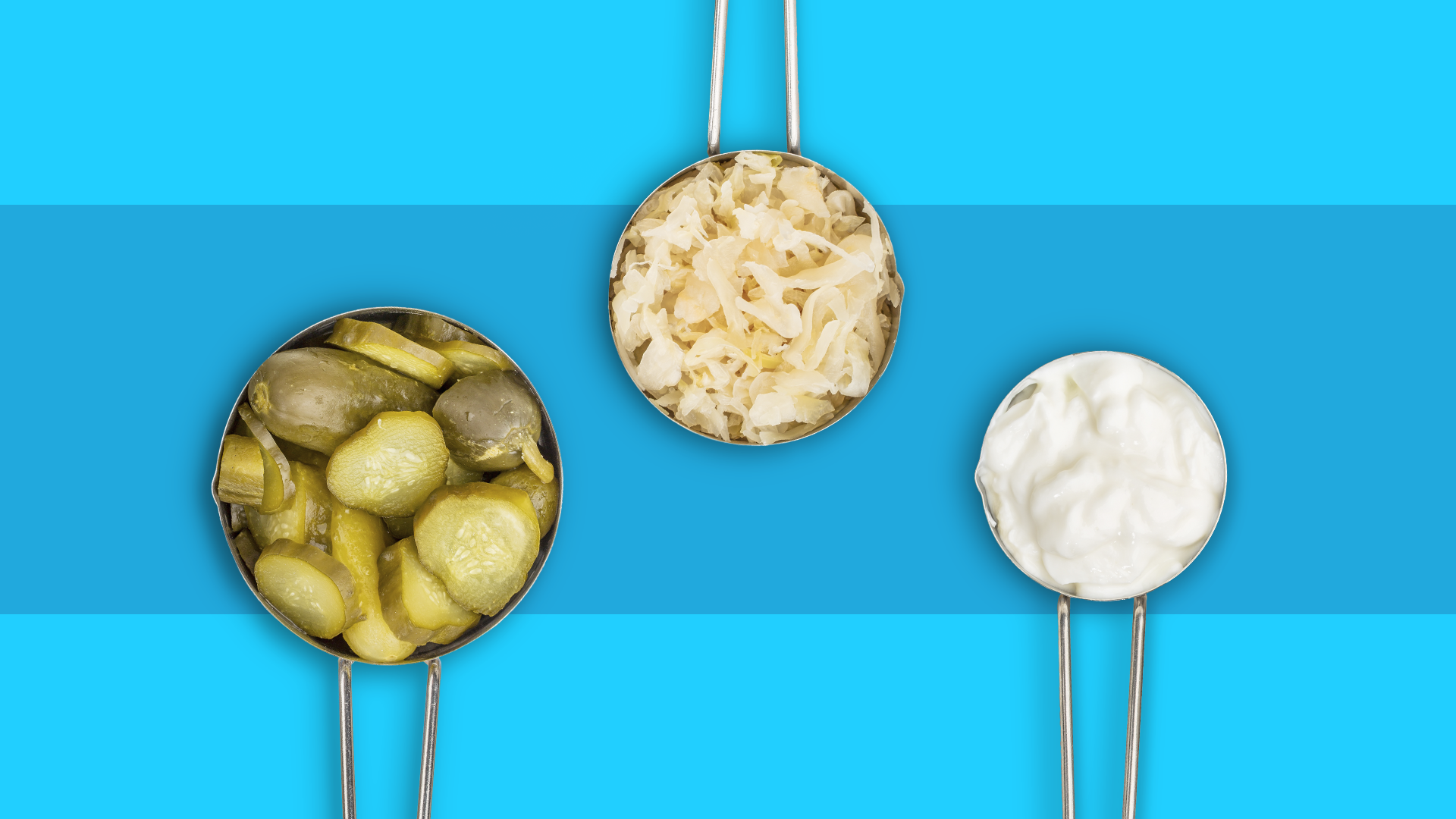Probiotics are live bacteria, often recommended by Gastroenterologist in Lahore for their myriad of benefits. These live microorganisms can be taken through fermented food, as well as, through supplements. Read on to know more about the many benefits of probiotics and how to use them:
Probiotics Balance The Good Bacteria In The Gut
Our gut is lined with microorganisms that maintain its health, ward off disease-causing bacteria and help digest complex food groups like complex carbohydrates. Occasionally, the balance between good and bad microorganisms is thrown off due to antibiotic medication, disease and poor diet. Consequently, there is poor gut health, indigestion, bloating, diarrhea and bad breath. In fact, research has linked obesity and mental health disorders to poor gut health, as well.
Different strains of probiotics help to treat and prevent gut-related disorders like diarrhea, irritable bowel syndrome, Crohn’s disease, ulcerative colitis, H. pylori, clostridium difficle growth and pouchitis (a side effect of colectomy).
In both children and adults, the course of infectious diarrhea can be shortened through probiotic therapy. Additionally, probiotics increase the ‘gut transit time’ by 12.4 hours and are therefore helpful in treating constipation, as well.
Probiotics Maintain The Health Of The Genitourinary Tract
Probiotics also maintain vaginal and urogenital health. Normally, vagina has an acidic pH, maintained by lactobacilli strains. This pH can be disturbed through use of birth control pills, antibiotic use, spermicide use and after acute infections. Probiotics help to restore the balance of these microflora and treat disorders like vaginosis, yeast infestation and urinary tract infections. In fact, consumption of lactobacillus reduces the risk of the latter by 50 percent in women.
Probiotics Improve Heart Health
Probiotics reduce the risk of cardiovascular diseases—like angina, coronary artery disease and myocardial infarction—by lowering the harmful cholesterol Low-density lipoprotein (LDL). In the gut, probiotics break down bile, which uses cholesterol for formation in the liver. As a result, the total cholesterol decrease, with mild increase in the ‘good cholesterol’—HDL.
Additionally, research data shows that probiotics induce modest decrease in blood pressure as well. However, for the latter, supplementation has to exceed eight weeks.
Probiotics Reduce Allergies And Eczema
Research shows that in children taking probiotic-supplemented milk, the risk of eczema severity reduces in comparison to children taking milk without probiotics. In fact, even mother who took probiotics during pregnancy had children with 83 percent lower risk of eczema after birth.
Probiotics Can Help You Lose Weight
Absorption of dietary fat is reduced with the help of probiotics. This fat is then excreted from the body through the feces. Probiotics, therefore, are helpful in weight reduction. In addition to this effect on fat, probiotics burn more calories, help one feel fuller for longer and store less fat. Study data shows that women taking some form of probiotics had 50 percent more weight loss in comparison to those not taking any supplement.
Probiotics In Food
Probiotics are also present in food items, including: yogurt, sourdough bread, cottage cheese, tempeh, kombucha, and fermented pickles. Eating a balanced meal with probiotics is key to good health.
Food rich in probiotic is also safe for children. Including them in the child’s diet after consultation with a pediatrician can prevent and treat illnesses.
How To Consume Probiotics?
Probiotics come in the forms of powders, liquids, foods, drinks, capsules and pills. The supplement form can be combined with a prebiotic, which are the complex carbohydrates, feeding the gut microbes, or the ‘food’ for these bacteria. Together, a prebiotic and a probiotic are also referred to as ‘synbiotic’. Gastroenterologist in Karachi often recommend synbiotics and probiotics for treating gut-related disorders and they should only be taken as per their directions.

